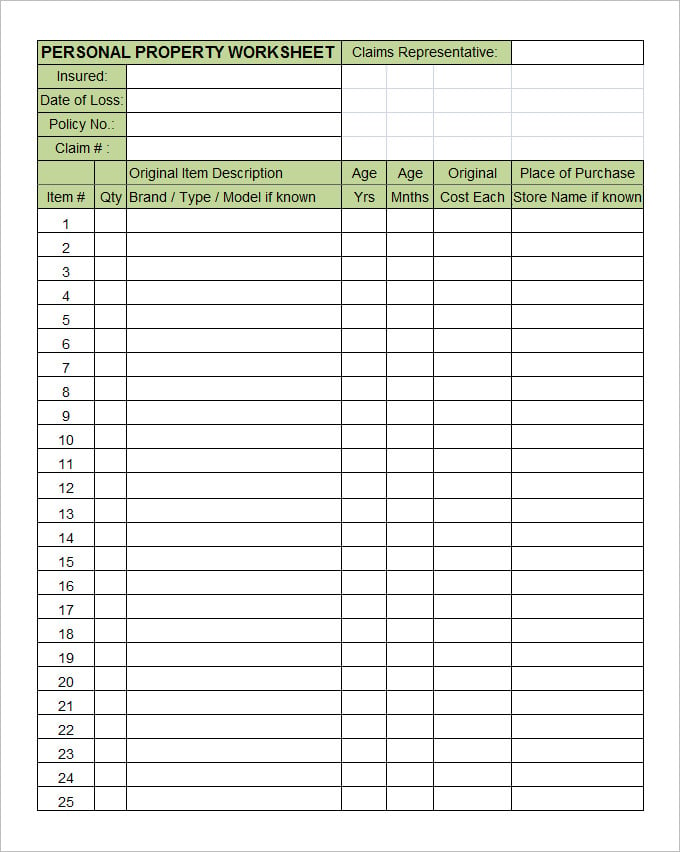Table of Content
The deceased homeowner’s policy will typically only stay active for around 30 days after their death. If you don’t notify the insurance company before that, you could wind up with no coverage at all. It’s time to let the homeowners insurance company know by showing proof of ownership.

The new homeowner must submit proof of identity as well as information regarding the property, such as its condition and any repairs made to it. Naturally, the new owner has the option of shopping about for the best rates. Temporary homeowners insurance does exist for purposes like probate, but it’s likely to be more expensive than the homeowners insurance policy that is already in force. Everyone wants to know what to do about the life insurance policy when someone dies. Still, there is another type of insurance that people give little thought to after the primary owner of a residence passes away – homeowners insurance.
If you’re not sure what you’re doing with the house ...
This can include selling their property; this is called liquidating the deceased’s assets. The sale of the house is therefore subject to probate law, and buyers may need to attend court to confirm the sale. After you submit your claim, the life insurance company will verify the policy and relevant information.

If there are multiple beneficiaries then they are co-owners of the property. It is the beneficiary’s responsibility to make sure that the appropriate home insurance is in place. For instance, while in probate the building should be protected by unoccupied house insurance. It’s often recommended, and part of the policy terms, that a house in probate is inspected regularly. Installing security equipment approved by your insurer might even be necessary depending on the policy terms and conditions. By taking steps to prevent break-ins, your insurance provider can give you a competitive quote for probate insurance.
If You Inherit a Home, Call the Insurance Company
Life insurance- Products are underwritten and distributed by The Manufacturers Life Insurance Company . Underwritten by Northbridge General Insurance Company and distributed by Société d’Assurances Collectives (Sodaco Inc.). Other insurers may insist on the cancellation of the policy and re-issue in the name of the living spouse. You may have buildings insurance and contents insurance with the same provider or different providers. Contact the relevant insurance company or companies as soon as possible to get your buildings and contents insurance policies put into your name. Filing a life insurance claim is not as difficult as it seems, but it can be challenging as you mourn the loss of your cherished loved one.

Even if you plan on selling the home, you should still have home insurance on it to ensure it’s protected until you do. If you pay for the year up front, the insurance company will reimburse you for any premiums not used when you cancel the policy after selling the house. You may be able to keep the policy under the deceased owner's name and continue to pay the premiums so the house is covered until it’s sold. Otherwise, you might have to take out a new policy under the estate executor’s name.
Case study: My inherited home insurance nightmare
Usage of any form or other service on our website is subject to our Terms of Use. In addition to funeral plans, final arrangements can include other details, such as your wishes for organ donation. Since your will isn’t read immediately, a letter to the executor of your estate or a loved one can help make sure that your final arrangements, such as music, eulogies, obituary, etc., are carried out as you’d like. By establishing a living trust, you’ll be avoiding probate and making sure your wishes are followed after your death. By avoiding probate, which is a matter of public record, you are keeping your financial affairs private and protecting your family's privacy. Talk with the insurance agent that wrote the policy and see if it’s possible to transfer the existing policy into your name.
Trustworthy is a comprehensive digital storage platform that stores confidential and private information. This includes personal IDs, wills, living trusts, passwords, bank account information, and much more. If you can locate your parent’s tax returns, you may be able to find basic policy information there. In certain circumstances, tax returns may include distributions that can lead you to the company that wrote the policy. A burst pipe, for example, could lead to significant damage if left unrepaired for weeks, says David Kenny, an assistant vice president at Amica Mutual Insurance. Along with online investment, banking, and merchant accounts, you might have digital assets that need to be handled when you die.
If your name wasn’t on the original homeowners policy, continuing to pay the bill won’t automatically extend the coverage. Be sure to tell the insurance company to list you as the new “named insured” to make sure that any claims you may file will be covered. Most insurance companies give a family or executor at least 30 days to formally notify them of a policyholder’s death. Therefore, time is of the essence, and this critical detail shouldn’t be allowed to fall between the cracks.

Moore says it’s a good idea to have your inherited home inspected to make sure it is structurally sound. That way you’ll be aware of any repairs that are needed and you can make sure your new policy is adequate to protect the structure and its contents. Trust & Will is an online service providing legal forms and information. There is such a thing as temporary insurance for purposes such as probate. However, this is likely to cost you more than the regular insurance premiums.
When a home insurance policy holder dies, the original policy will no longer be valid in its current state. If the spouse of a deceased policy holder wishes to continue the insurance plan, it must be rewritten by the insurance company to reflect these changes. The best way to notify the insurance company is to send them a copy of the death certificate. After that has been sent, you’ll want to follow up with a phone call to discuss the next steps with them. You’ll want to clarify the situation and be sure that coverage remains in force for the property until the title can be officially transferred to you or another party. Otherwise, the insurance company might give you around 30 days to purchase a new policy under your name.

Typically, the insurance policy includes liability coverage to safeguard against accidents or injuries on the property. When the insured homeowner dies, the estate executor is responsible for contacting the insurance company. The estate must then provide continued coverage, or a purchaser must arrange for insurance. A homeowners insurance policy protects a home by paying for any damages or losses to the dwelling. Typically, the insurance policy comes with liability protection to cover accidents or injuries that occur on the property. When the homeowner who purchased the insurance policy passes away, the estate executor will be responsible for notifying the insurance company.
In any case, you can prepare for your family’s future and make the claims process easier in the future with Trustworthy. Depending on the life insurance provider and policy, there are multiple ways you can choose to receive your death benefit. In most cases, the money belongs to your loved one’s estate, and you may be able to get the money using a small estate probate procedure. Therefore, the funds must go through the probate process before it passes to you as the beneficiary.

After a loved one passes away, they may receive insurance checks in their name. However, you can’t directly deposit an insurance check made out to a deceased person, even if you’re entitled to the money. Instead, you should notify the sending party about the deceased loved one and ask them to reissue the check in your name. Homeowners Policies include an Occupancy Clause which outlines the conditions and requirements regarding reporting occupancy changes; this varies from State to State.


No comments:
Post a Comment